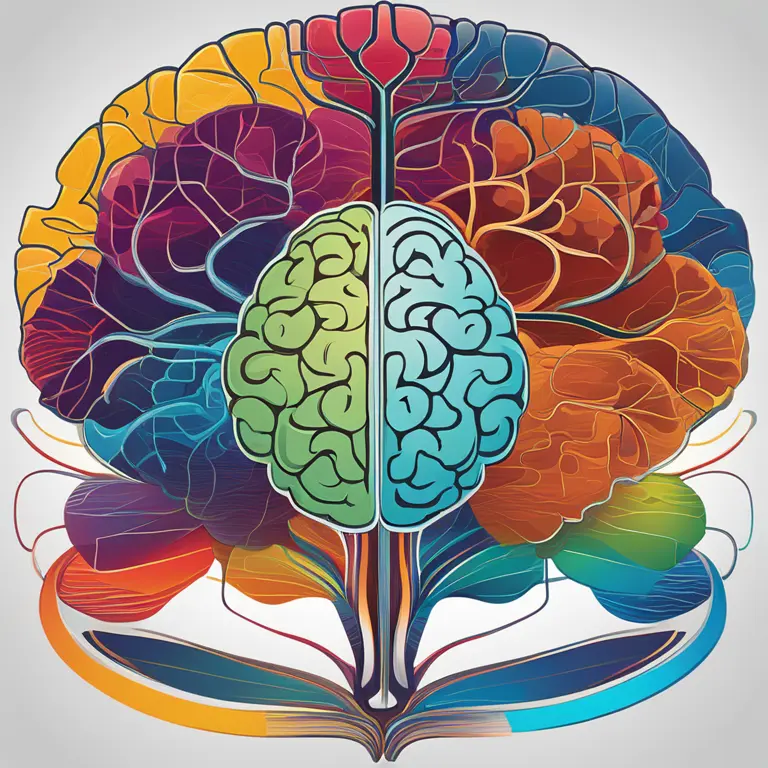
How Meditation Reshapes Our Brains
Discover the transformative power of meditation and its profound impact on brain structure and function in this insightful article.
article by Hina Kurosawa
The Science of Meditation and the Brain
Meditation has long been an avenue for spiritual growth and relaxation, but recent studies reveal its profound impact on the human brain. Neuroscientists have observed structural changes in the brains of consistent meditators, showcasing the tangible effects mindfulness can have. Advances in brain imaging technologies, such as fMRI and EEG, have provided deeper insights into how meditation can cultivate positive changes in brain regions associated with attention, emotion regulation, and self-awareness.

Neuroplasticity: Meditation's Role in Brain Rewiring
The brain's ability to reorganize itself by forming new neural connections throughout life is known as neuroplasticity. Consistent meditation practice leverages this process, leading to increased gray matter density in the hippocampus, which is known for memory and learning, and in areas of the brain related to self-regulation. The malleability of our brain suggests that we have more control over our mental well-being than previously believed, with meditation as a potent tool for enhancement.

Meditation's Impact on Stress and Anxiety
In our fast-paced world, stress and anxiety are rampant, but meditation offers a sanctuary for the mind. Studies have shown that meditation reduces activity in the amygdala, the brain center that governs our stress responses. Through regular practice, individuals can develop a more resilient response to stressors, effectively downregulating the biochemical stress pathways and contributing to a calmer and more balanced state of being.

Enhancing Attention and Concentration
The 'attention muscle' of our brain, the prefrontal cortex, also benefits from meditation. Long-term practitioners display improved focus and better control over the distribution of their attention. This mental training translates to enhanced cognitive abilities, enabling individuals to stay attentive for longer periods and manage the deluge of information that characterizes the digital age with greater poise.
Mood Improvement and Emotional Stability
Meditation has also been associated with increased levels of the feel-good neurotransmitters like serotonin and endorphins. These biochemical changes not only uplift mood but also promote emotional stability. By establishing a regular meditation practice, individuals can foster a mindset that is both optimistic and resilient, capable of bouncing back from life's inevitable challenges.
Integrating Meditation into Daily Life
Incorporating meditation into one's daily routine can be a transformative endeavor. Even short daily sessions of mindfulness or focused attention can yield noticeable benefits over time. As more and more individuals recognize the benefits of meditation, it could lead to a collective improvement in societal well-being, with implications for everything from workplace productivity to personal relationships.
Published: 1/14/2024
Modified: 1/15/2024
More predictions
Come back here soon to learn more about yourself and your future


Mindfulness & Meditation: A Guide for High Schoolers
Discover the benefits of mindfulness meditation tailored for the hectic life of high school students, and learn simple strategies to incorporate it into the daily routine.


Mindfulness Meditation: A Handbook for High Schoolers
Discover how mindfulness meditation can benefit high school students, enhancing focus, reducing stress, and promoting overall well-being.


Easing Loneliness with Mindfulness Meditation
Explore how mindfulness meditation can provide solace and connection to alleviate the feelings of loneliness.